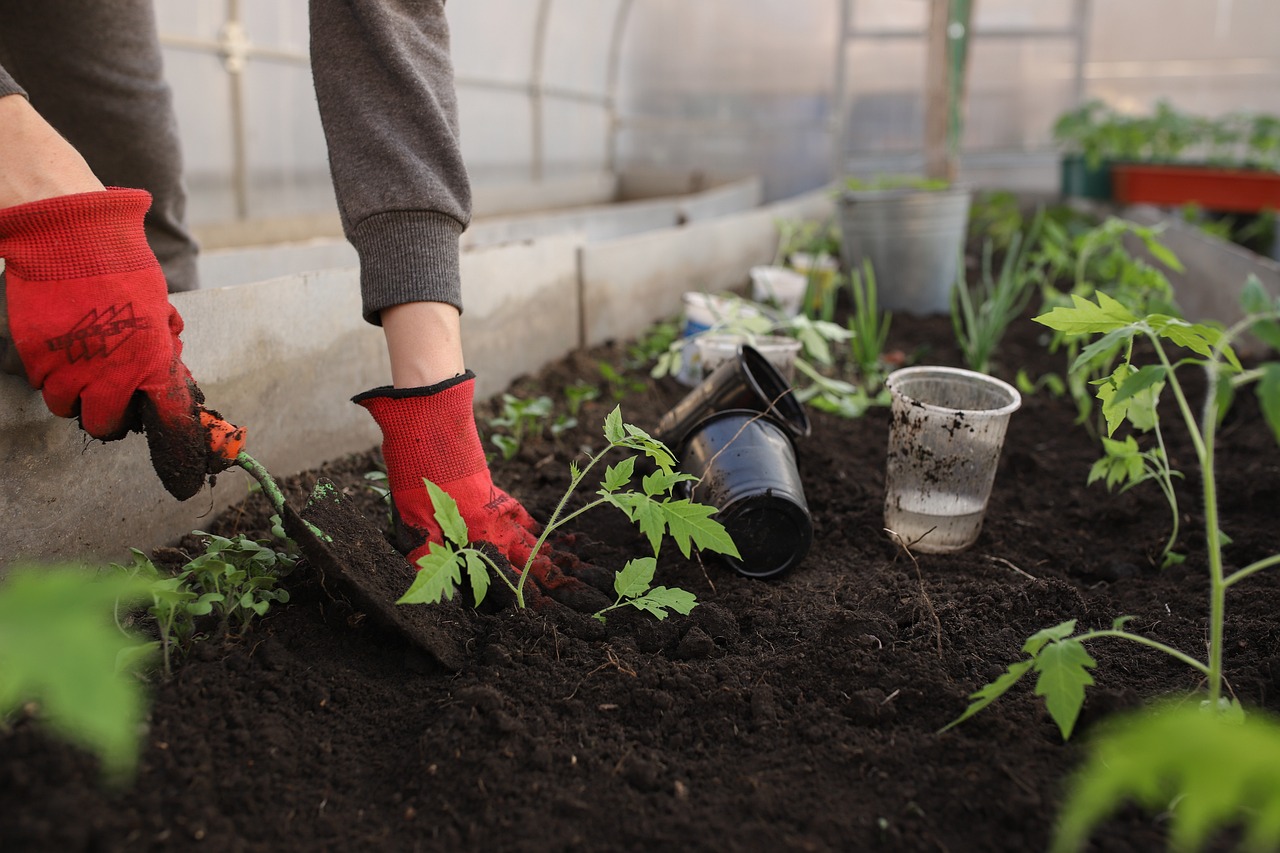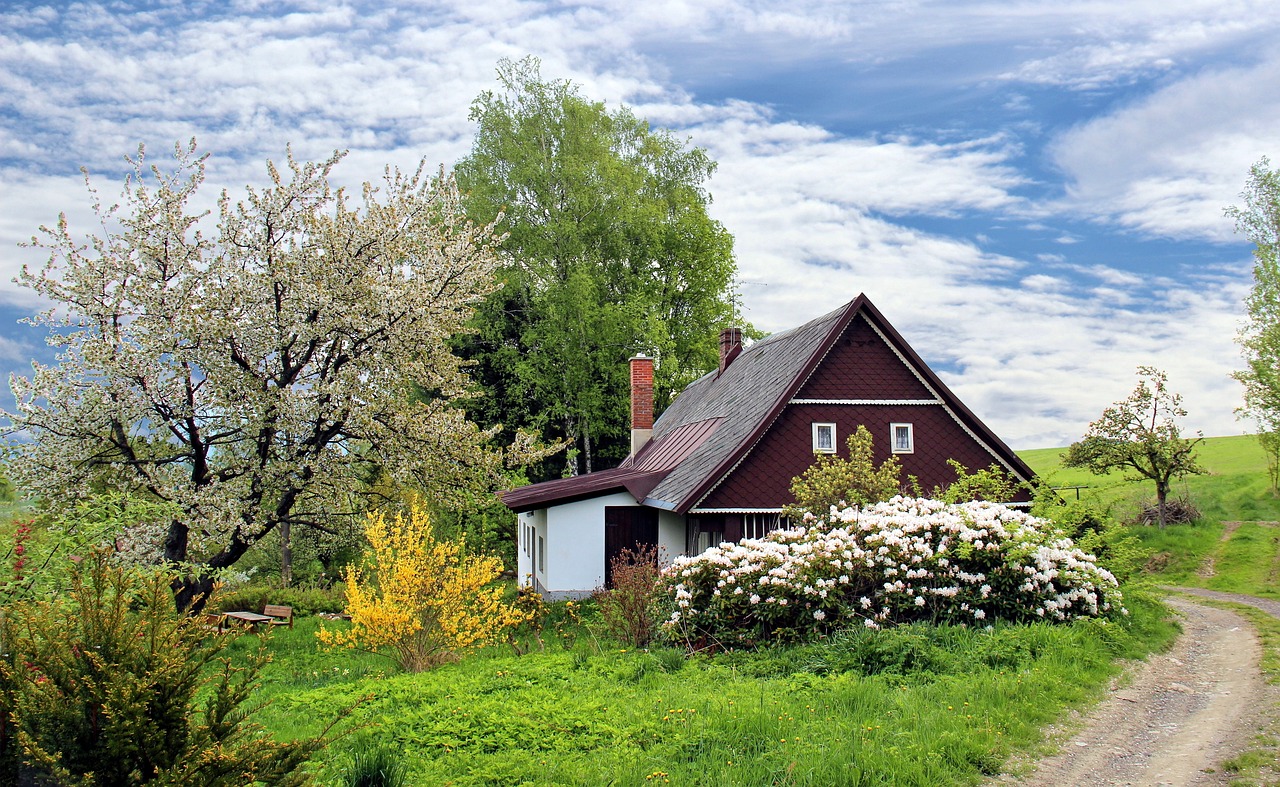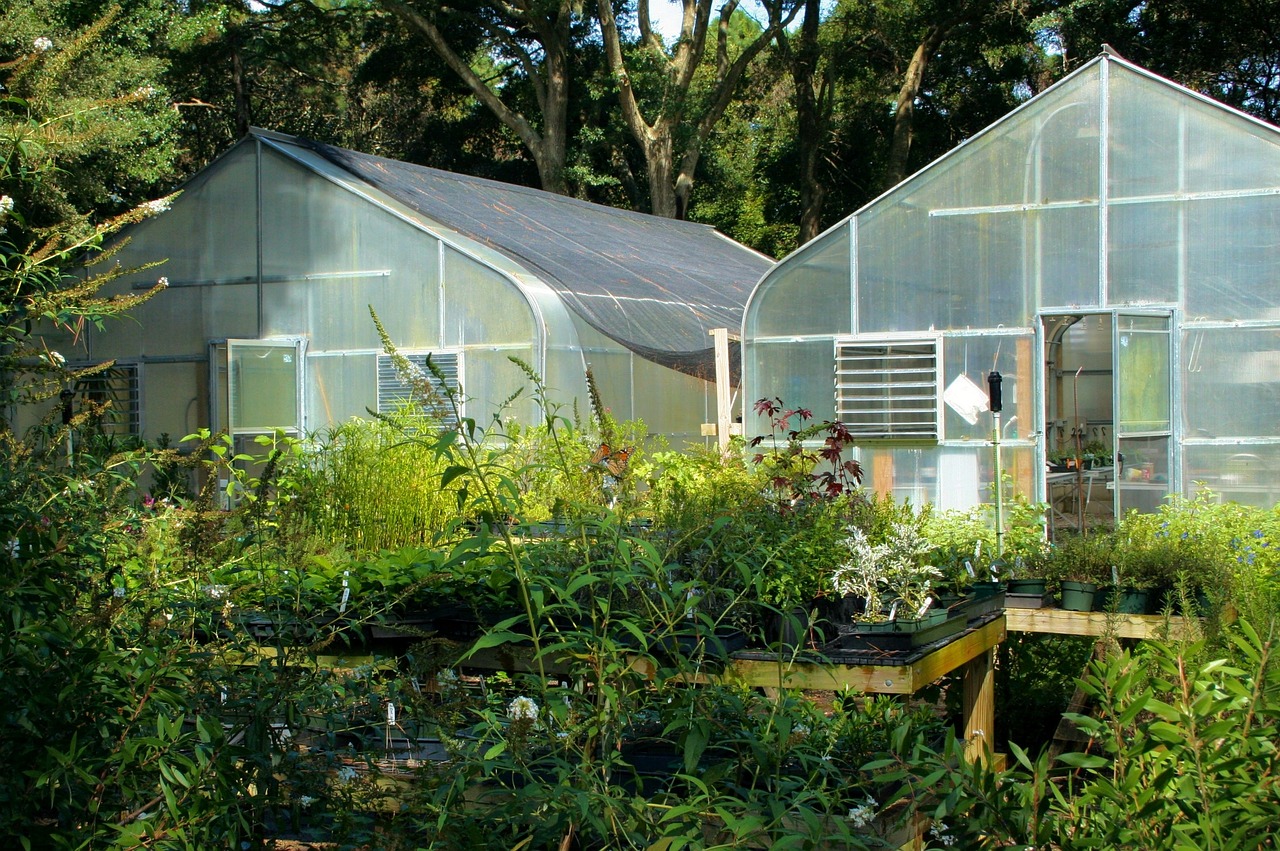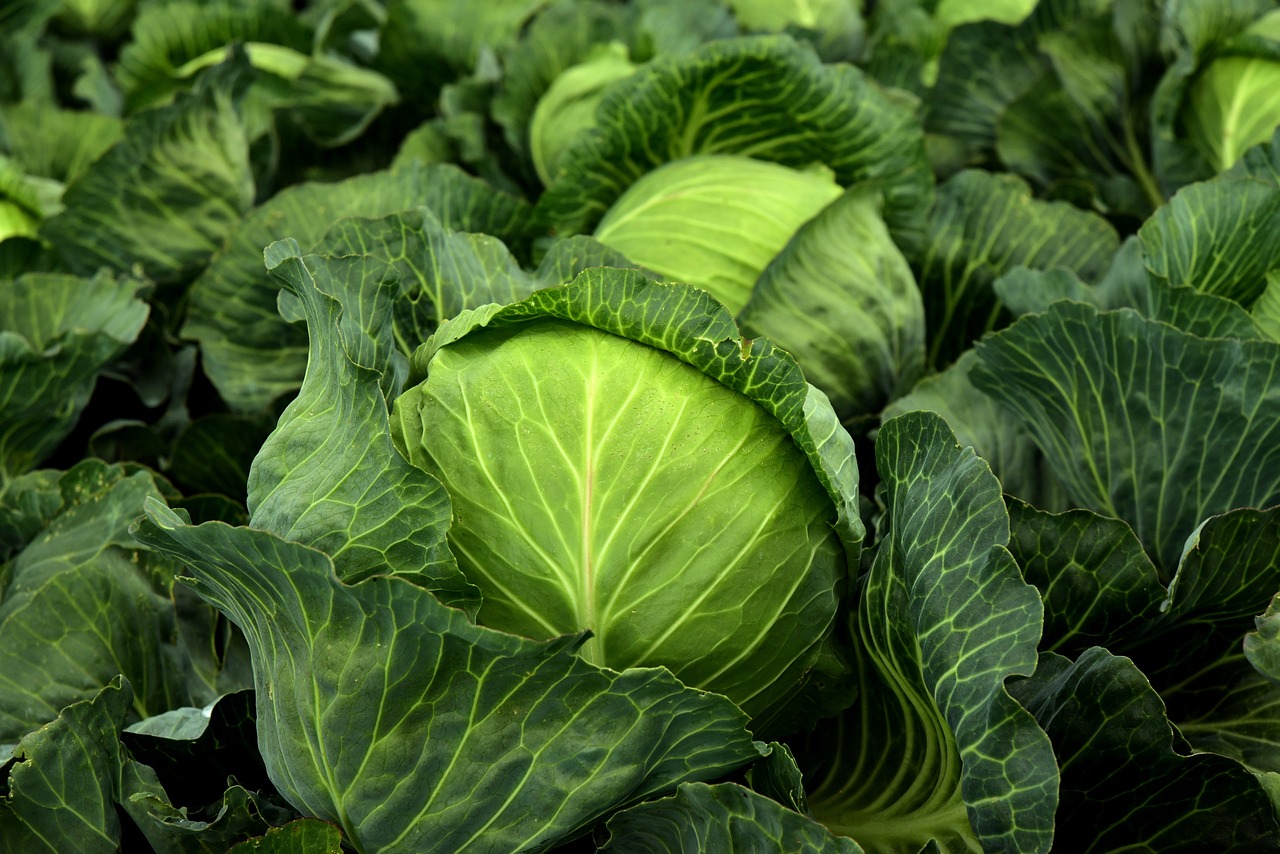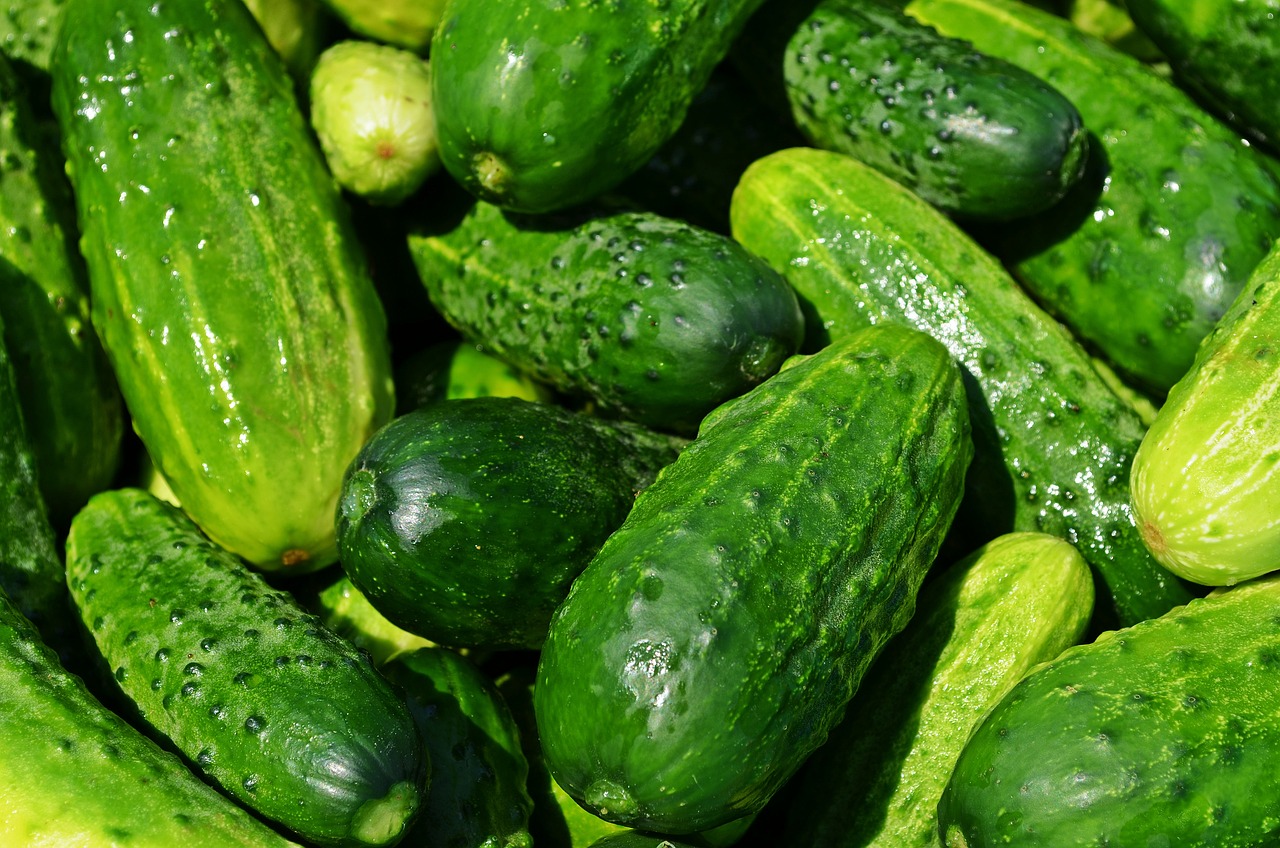Do you want to create a thriving garden filled with luscious plants and vibrant flowers? Look no further than your own compost pile.
Composting is an essential practice for any home gardener looking to boost the health and fertility of their soil. By recycling organic waste into nutrient-rich soil, composting not only improves your garden’s soil quality but also helps to reduce waste and protect the environment.
Whether you’re a seasoned gardener or a beginner, composting is a simple and rewarding process that anyone can do. With a little bit of know-how and the right tools, you too can create a thriving compost pile that will provide your garden with all the nutrients it needs to flourish.
In this article, we’ll take you through the basics of composting, from choosing the right method to maintaining your pile, so that you can create the perfect compost for your home garden.
The Benefits of Composting
You’re going to love the benefits of composting – it’s a simple way to reduce waste and improve the health of your soil.
By composting, you can take food scraps, yard waste, and other organic materials and turn them into a nutrient-rich soil amendment that can be added to your garden beds and potted plants. Composting reduces the amount of waste that goes to landfills, which in turn reduces the amount of methane gas produced by decomposing organic matter. This helps to combat climate change and reduce your carbon footprint.
In addition to reducing waste, composting can also improve the health of your soil. Compost can help retain moisture in your soil, improve soil structure, and provide a slow-release source of nutrients for your plants.
Composting also supports beneficial microorganisms in your soil, which can help suppress harmful pests and diseases. By incorporating compost into your gardening routine, you can create a more sustainable and healthy garden ecosystem.
Choosing the Right Composting Method for Your Needs
When it comes to composting, it’s important to find the method that fits your lifestyle and goals, whether that’s indoor composting or outdoor composting.
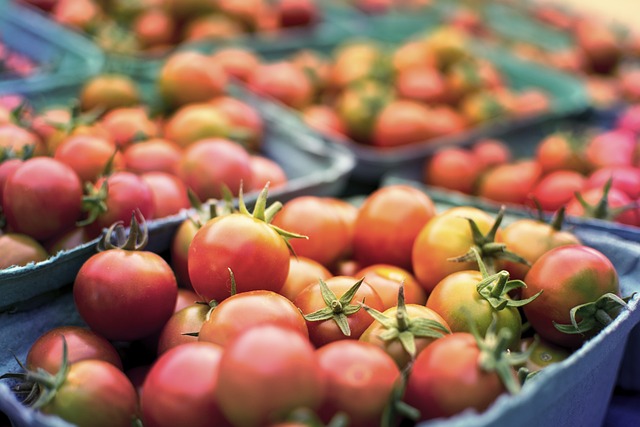
Indoor composting is a great option for those who live in apartments or have limited outdoor space. You can use a small bin or even a worm bin to compost your kitchen scraps and other organic materials. Plus, it’s convenient and doesn’t require much effort. However, keep in mind that indoor composting may produce some odor, so make sure to choose a well-ventilated area and avoid adding dairy or meat products.
On the other hand, outdoor composting is ideal for those who have a yard or garden. There are different methods to choose from, such as the traditional pile method, the three-bin system, or a high-tech tumbler.
The pile method is the simplest and most affordable option, but it requires more space and may take longer to produce compost.
The three-bin system allows you to organize your compost into different stages and speeds up the process, but it also requires more materials and effort.
The tumbler is a more efficient and convenient option, as it allows you to mix and aerate your compost easily, but it can be more expensive and may require electricity.
Consider your needs and preferences before deciding on the best composting method for you.
What to Compost and What Not to Compost
Knowing what can and cannot be composted is essential to creating nutrient-rich soil, reducing waste, and contributing to a healthier environment.
Composting materials that can be used include fruit and vegetable scraps, coffee grounds, eggshells, yard waste, and shredded paper. These materials provide the necessary nitrogen, carbon, and moisture for the compost to break down properly.
However, there are also composting mistakes that can hinder the process and attract unwanted pests. Avoid composting meat, dairy products, oils, fats, bones, and pet waste as they may not break down properly and can emit unpleasant odours.
Additionally, avoid composting weeds that have gone to seed or diseased plants as it can spread weed seeds and plant diseases. By being mindful of what to compost and what not to compost, you can create a healthy and effective compost for your home garden.
Tips for Maintaining Your Compost Pile
Maintaining a healthy compost pile is key to creating nutrient-rich soil, and with these tips, you’ll be able to keep your compost pile in top shape.
First, make sure to turn the compost pile regularly. This is important for aeration and to ensure that all the materials in the pile break down evenly. You can use a pitchfork or shovel to turn the pile, and it’s best to do this once a week.
If you notice that the pile is getting too dry, add some water to it. On the other hand, if it’s too wet, add some dry materials like leaves or wood shavings.
Another important tip for compost pile management is to monitor the temperature of your pile. The composting process generates heat, and you want to make sure the pile stays between 120 and 150 degrees Fahrenheit. If it gets too hot, the beneficial bacteria that break down the materials can die, and the composting process will slow down. If it’s too cold, the composting process will also slow down. You can use a compost thermometer to monitor the temperature of the pile.
Lastly, if you’re experiencing composting troubleshooting, such as a foul smell or pests, make sure to adjust the materials in the pile. Avoid adding meat, dairy, or pet waste, as these can attract pests and create a bad odor.
With these tips, you’ll be able to maintain a healthy and productive compost pile for your home garden.
Using Compost in Your Garden for Optimal Results
Using compost in your garden can lead to optimal results in terms of plant growth and health. Unlike fertilizers that provide only specific nutrients, compost provides a broad range of essential nutrients that plants need. Moreover, it also improves soil structure, texture, and water-holding capacity, making it ideal for growing healthy plants.
Compost is also a natural and sustainable alternative to chemical fertilizers that can harm the environment and wildlife. Another way to maximize the benefits of compost is by making compost tea. Compost tea is a liquid fertilizer made from steeping compost in water. It is an excellent way to provide your plants with a quick dose of nutrients and beneficial microorganisms, which can help improve soil health and reduce plant diseases.
Compost tea is also easy to make, and you can use it as a foliar spray or soil drench. Overall, using compost and compost tea in your garden is a cost-effective and eco-friendly way to grow healthy and robust plants while reducing your carbon footprint.
Conclusion
Congratulations! You’ve successfully learned the basics of composting for your home garden.
By now, you’re aware of the numerous benefits of composting. These include the production of nutrient-rich soil, reduction of waste, and the promotion of a healthy environment.
Think of your compost pile as a pet that needs your attention and care. Just like a pet, your compost pile requires regular maintenance and proper feeding.
By choosing the right composting method, knowing what to compost, and following tips for maintenance, you’ll be able to produce high-quality compost for your gardening needs.
So go ahead and start composting today! With a little patience and effort, you’ll be able to turn your kitchen and yard waste into a valuable resource for your garden.
Remember, composting is like planting a seed. With the right care and attention, it’ll grow into a beautiful garden that’ll provide you with a bountiful harvest.






